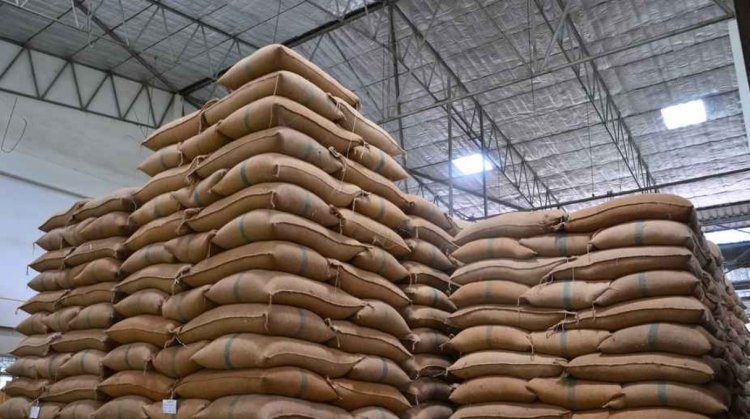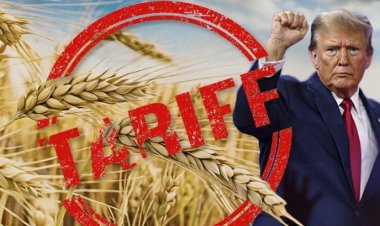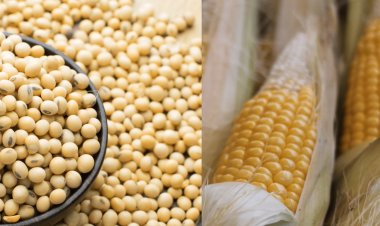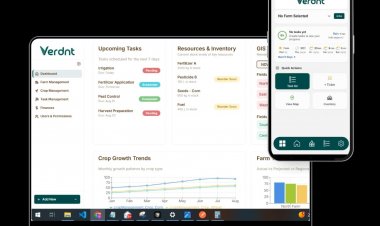The government on Friday directed traders to disclose rice stock as part of its efforts to control its prices. Union Food Secretary Sanjeev Chopra told mediapersons that the ministry is issuing orders, directing retailers, wholesalers and processors to disclose rice stock on its portal every Friday.
The move comes against the backdrop of retail and wholesale prices of rice going up by around 15 per cent in the last one year despite restrictions on exports of various varieties, he explained. But, the move has caused ripples in the rice industry as sources told the Rural Voice that it could well be a signal that the government might impose a stock limit on rice as in the case of wheat.
As an immediate measure, the government will sell subsidised 'Bharat Rice' in the retail market at Rs 29 per kg from next week to give relief to the common man. The commodity will be sold in 5kg and 10kg packs in the retail market through two cooperatives -- the National Agricultural Cooperative Marketing Federation of India Ltd (NAFED) and National Cooperative Consumers' Federation of India Ltd (NCCF) -- besides retail chain Kendriya Bhandar. E-commerce platforms will also sell Bharat Rice.
The government is already selling Bharat Atta at Rs 27.50 per kg and Bharat Dal (chana) at Rs 60 per kg. The Centre has no plans to lift restrictions on rice exports any time soon. The curbs will continue until prices fall, Chopra said, seeking to dispel market rumours. Initially, the government has allocated 5 lakh tonnes of rice for sale in the retail market. The secretary said prices of all essential food items are under control except rice.
To a specific query as to whether the government intends to impose a stock limit on rice, the secretary parried a direct reply, saying "all options are open" to bring down the prices. Rice industry sources sounded sceptic when they told the Rural Voice that the Centre's move could be a precursor to stock limit imposition. They pointed out that earlier the government had imposed a ban on wheat exports in May 2022, and then announced a stock limit for wheat in the domestic market in June. The stock limits were, however, slashed recently.




 Join the RuralVoice whatsapp group
Join the RuralVoice whatsapp group








































